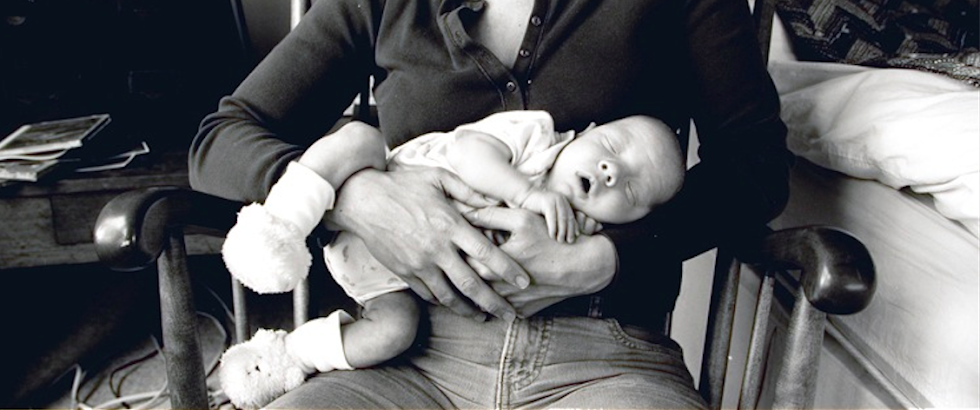Every Memorial Day, I post this passage by Walt Whitman for its beauty
and poignancy. While my mind is focused on veterans of war who have died
on the battlefields, the images this writing provokes give me pause to
remember and honor all of the children my friends and loved ones have
lost. This goes out to their parents, as well as those lost in war:
—Walt Whitman
Vigil strange I kept on the field one night;
When you my son and my comrade dropt at my side that day,
One look I but gave which your dear eyes return'd with a look I shall never forget,
One touch of your hand to mine O boy, reach'd up as you lay on the ground,
Then onward I sped in the battle, the even-contested battle,
Till late in the night reliev'd to the place at last again I made my way,
Found you in death so cold dear comrade, found your body son of responding kisses,
(never again on earth responding,)
Bared your face in the starlight, curious the scene, cool blew the moderate night-wind,
Long there and then in vigil I stood, dimly around me the battle-field spreading,
Vigil wondrous and vigil sweet there in the fragrant silent night,
But not a tear fell, not even a long-drawn sigh, long, long I gazed,
Then on the earth partially reclining sat by your side leaning my chin in my hands,
Passing sweet hours, immortal and mystic hours with you dearest comrade—not a tear,
not a word,
Vigil of silence, love and death, vigil for you my son and my soldier,
As onward silently stars aloft, eastward new ones upward stole,
Vigil final for you brave boy, (I could not save you, swift was your death,
I faithfully loved you and cared for you living, I think we shall surely meet again,)
Till at latest lingering of the night, indeed just as the dawn appear'd,
My comrade I wrapt in his blanket, envelop'd well his form,
Folded the blanket well, tucking it carefully over head and carefully under feet,
And there and then and bathed by the rising sun, my son in his grave, in his rude-dug
grave I deposited,
Ending my vigil strange with that, vigil of night and battle-field dim,
Vigil for boy of responding kisses, (never again on earth responding,)
Vigil for comrade swiftly slain, vigil I never forget, how as day brighten'd,
I rose from the chill ground and folded my soldier well in his blanket,
And buried him where he fell.
When you my son and my comrade dropt at my side that day,
One look I but gave which your dear eyes return'd with a look I shall never forget,
One touch of your hand to mine O boy, reach'd up as you lay on the ground,
Then onward I sped in the battle, the even-contested battle,
Till late in the night reliev'd to the place at last again I made my way,
Found you in death so cold dear comrade, found your body son of responding kisses,
(never again on earth responding,)
Bared your face in the starlight, curious the scene, cool blew the moderate night-wind,
Long there and then in vigil I stood, dimly around me the battle-field spreading,
Vigil wondrous and vigil sweet there in the fragrant silent night,
But not a tear fell, not even a long-drawn sigh, long, long I gazed,
Then on the earth partially reclining sat by your side leaning my chin in my hands,
Passing sweet hours, immortal and mystic hours with you dearest comrade—not a tear,
not a word,
Vigil of silence, love and death, vigil for you my son and my soldier,
As onward silently stars aloft, eastward new ones upward stole,
Vigil final for you brave boy, (I could not save you, swift was your death,
I faithfully loved you and cared for you living, I think we shall surely meet again,)
Till at latest lingering of the night, indeed just as the dawn appear'd,
My comrade I wrapt in his blanket, envelop'd well his form,
Folded the blanket well, tucking it carefully over head and carefully under feet,
And there and then and bathed by the rising sun, my son in his grave, in his rude-dug
grave I deposited,
Ending my vigil strange with that, vigil of night and battle-field dim,
Vigil for boy of responding kisses, (never again on earth responding,)
Vigil for comrade swiftly slain, vigil I never forget, how as day brighten'd,
I rose from the chill ground and folded my soldier well in his blanket,
And buried him where he fell.
—Walt Whitman
 |
| Confederate dead, Chancellorsville |




































